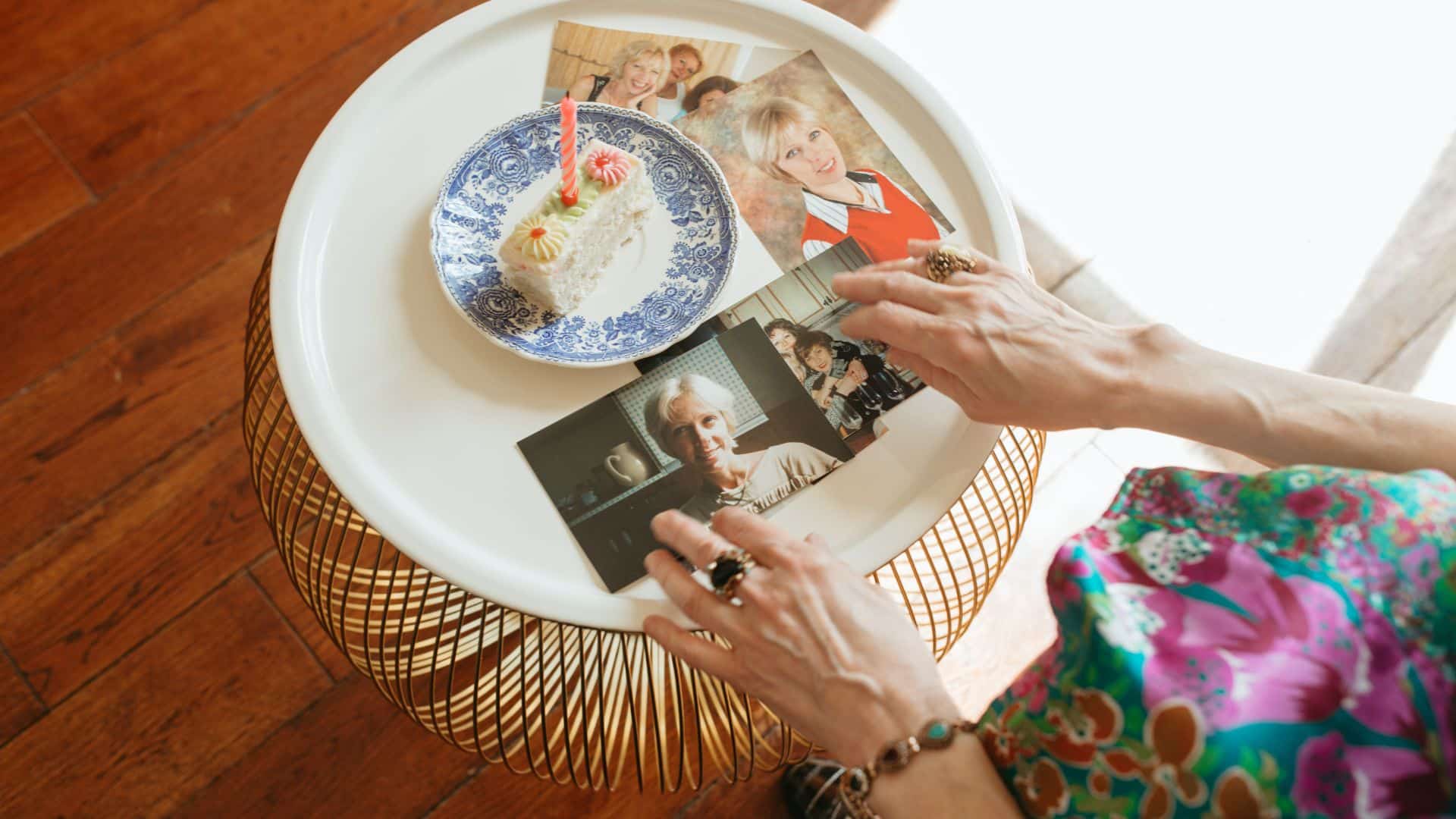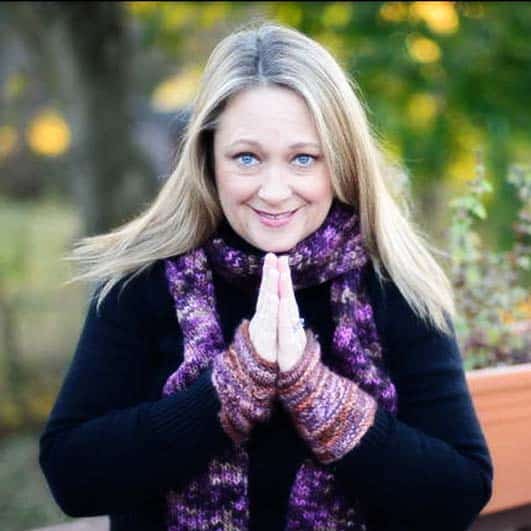Even in their absence, our loved ones continue to shape our lives, reminding us that love transcends physical presence. By cherishing their memory, we turn our grief into a testament of love, a bridge to healing, and a celebration of resilience.
Life is an enduring journey of love, loss, and renewal. One of the most challenging aspects of this journey is the loss of a loved one. However, maintaining a continuing bond with someone who has passed away can help ease the pain of loss and foster emotional well-being.
A "continuing bond" refers to the ongoing relationship that people maintain with loved ones who have passed away. It's an important concept in bereavement studies, challenging the previous notion that successful grief resolution requires a total detachment from the deceased. Instead, a continuing bond reflects the enduring connection to the deceased, through memories, actions, or symbols, which can help in the adaptation to loss. This bond isn't static but can change and develop over time, serving as a crucial aspect of the mourner's ongoing life.
Examples of Keeping The Connection Alive
I can attest to the comfort of connection firsthand. I feel a deep connection to my uncle Doug, who died in 1977, even though 45 years have passed. His memory is nurtured through my work, discussions I have with my mother, and conversations with other people who have lost a loved one to suicide. I also have several keepsakes on my alter that symbolize his free spirit and boundless love.
This is also true for my step-father Tom, and our family dog, Brandy, who died just one week after him. A couple of weeks ago we visited the site where both of their ashes are scattered in Atlantic Beach, NC. I ate a restaurants Tom loved, and walked on the beach remembering him and Brandy. This happened just a week before their angelversary, and felt so meaningful and important to me.
This desire to stay connected is innately human, and while many people naturally find ways to honor the love that remains, here are a few tips to try out.
How To Nurture Your Continuing Bond
Create a Safe Space for Your Emotions
One of the most comforting ways to stay connected to a departed loved one is through reminiscing. Dedicate a quiet moment of your day to think about the happy times you shared. Remember their laugh, the way they furrowed their brow when deep in thought, or their favorite phrases. By reviving these memories, you keep their spirit alive and invite their presence into your daily life. Memories are magical bridges that connect our past and present, bringing solace during our moments of solitude.
Expressing Your Feelings
Expressing your feelings can also help to keep the connection alive. This can be done through writing letters, journaling, or speaking aloud. You could start a journal dedicated to your loved one, write about your shared experiences, their attributes, or even messages you wish you could tell them. This form of expression can be profoundly therapeutic, providing an emotional release while maintaining a conversation with your loved one.
Engage in Shared Activities
Engaging in activities your loved one enjoyed is another powerful way of maintaining a connection. Maybe they loved painting, cooking a particular dish, or bird watching. You could incorporate these activities into your daily life. My stepfather was a photographer. Whenever I take photos with a DSLR I imagine him guiding me through everything from the settings to composition.
Create Meaningful Rituals
Creating rituals can also help in strengthening the bond. Lighting a candle every night, visiting their resting place, or even celebrating their birthday can bring a sense of comfort. Rituals provide a structure for expressing your grief and remembrance, making your loved one an enduring part of your life.
Understanding the Benefits of Continuing Bonds
Now, you might wonder - why should you foster this connection? Will it keep you stuck in grief? On the contrary, maintaining a continuing bond with your loved one aids in healthy adaptation to loss. It's a testament to your love and affection, and it's also a critical component of your healing process.
The Power of Acknowledgement and Acceptance
When you actively remember and honor your loved one, you are acknowledging your grief instead of suppressing it. Acknowledgement is the first step towards learning to live with loss. It validates your feelings, and creates a safe space for your emotions.
Comfort and Continuity in the Midst of Loss
Moreover, this ongoing connection can provide a sense of comfort and continuity. In the face of loss, the world can feel unfamiliar and daunting. But, by keeping the bond alive, you bring an element of the familiar into your changed world, which can be deeply comforting.
Personal Growth through Grieving
Last but not least, maintaining a connection can foster personal growth. Through the process of grieving and remembering, you gain insight into your strength and resilience. You learn about your capacity to love, to lose, and yet continue loving - an empowering realization that can foster a greater appreciation for life.
Sharing Your Memories With Others
Sharing your memories and experiences in a compassionate, like-minded community can significantly amplify the healing benefits of continuing bonds. Such a community provides a safe space where your memories are welcomed, your grief is understood, and your healing process is supported.
I'd like to extend an invitation for you to join Awaken, our online grief support group. In Awaken, we cherish the power of memories, offering generous support and understanding as we navigate our individual journeys of grief and healing. The connections you cultivate here, both with your loved ones and with others walking a similar path, can be a source of profound comfort and strength.


